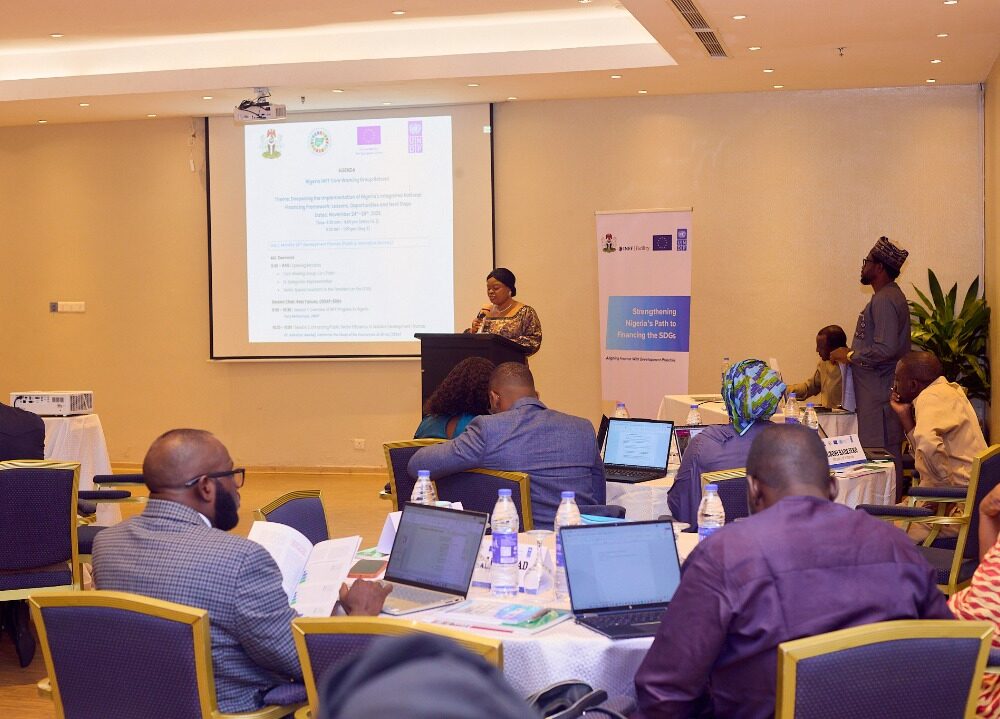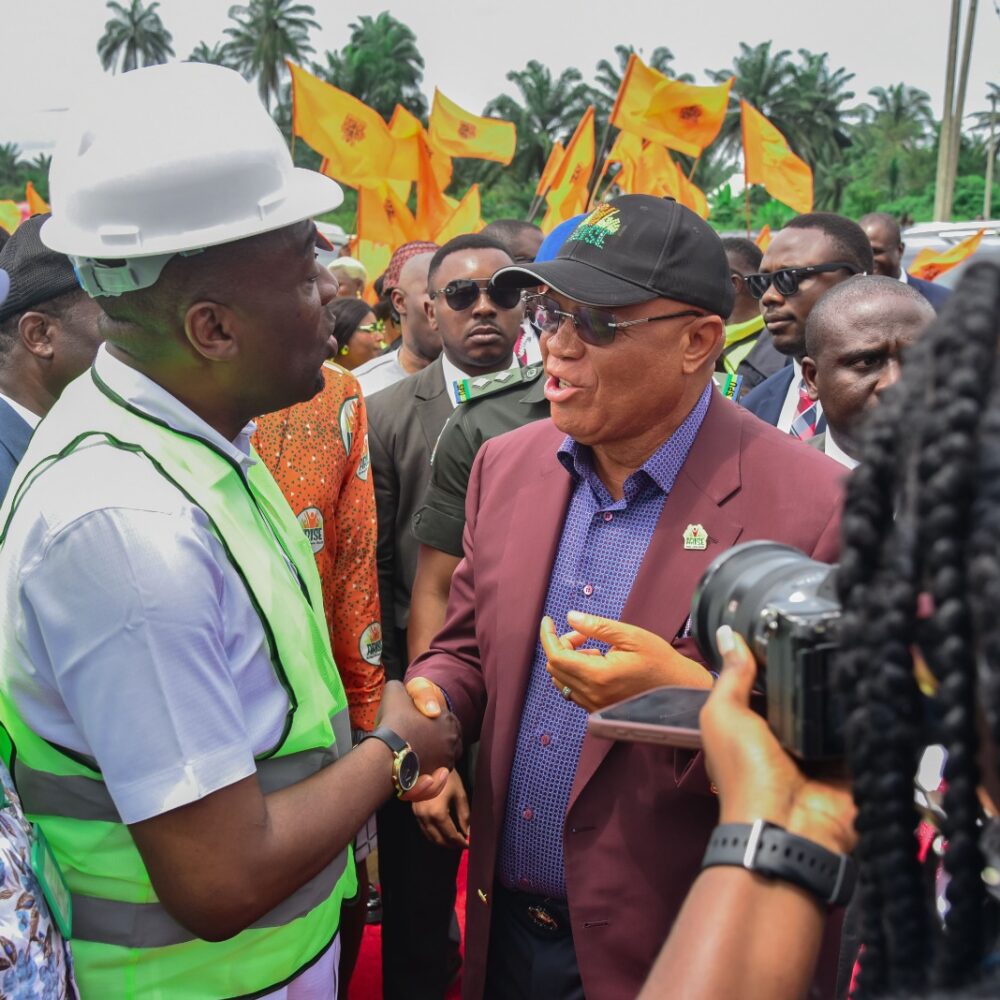The Universal Basic Education Commission UBEC is a body charged statutorily with the management of public primary and junior secondary schools, as well as the regulatory roles and curriculum development of private schools in that category in Nigeria.
Inspite of its statutory roles , the need to be acquainted with the numbers of public and private schools in that category will no doubt ease the process of administration and regulations of its policies and programs.
Giving the constitutional roles, it behoves on the leadership of the agency under Dr Hameed Bobboyi to abide by the act that established the commission, hence the need for constant review of its programs and policies particularly as it relates to having an accurate census of primary, junior secondary schools both in the public and private schools.
The head count, known as National Personnel Audit NPA Report on Public and Private Basic Education Schools in Nigeria, currently ongoing across the six geopolitical zones in Nigeria was last carried out in 2018.
The urgent need for the current exercise was a fallout of the consequences of the health emergency period of COVID-19, that ravaged the globe with Nigeria not an exception, and the attendant lockdown that threw many school aged children out of schools as a result of the requirements to address its challenges.
The previous exercises conducted in 2006, 2010 and 2018 was incomplete and no longer tenable owing to so many variables and occurrences in recent times, particularly the global challenges of health and economic recession with huge effects on the basic education in Nigeria, across the globe.
In 2006 and 2010, the exercise was regarded as incomplete because it covered only public primary schools only in 2006, while the 2010 exercise captured only public primary schools and junior secondary schools leaving the private schools out of it.
But , in 2018 after some years break, it had a comprehensive exercise under the current leadership and management that gave a reliable data of students enrollment in public and private schools figure that stood at 27, 889,387, a break down showed 22,384,755 were in public primary schools, while 5,504,632 was the figure for private schools in the country.
With the current enrollment figure from 2018, among other data’s, the commission through SUBEBs and LGEAs was able to arrive at an acceptable and reliable data of school -going-age enrolled in basic education institutions in Nigeria (ECCDE), among other variables and peculiarities of areas and locations of states in Nigeria.
With the existing data bank for 2018 rendered obsolete by the current developments, with negative effects of the scourge both on the public/private schools, teachers and non teachers, the need to mitigate the situations so as to address the Goal 4 of Sustainable Development goals SDGs, the Key Performers Indicators KPI, became imperative in the current dispensation.
Aside creating a new Data Bank for a reliable figure after COVID in its fifth wave, Delta variant and recurring decimal, it will assist in getting Basic Education Management Information System (BEMIS ) without restrictions and shortcomings.
The commission is also expected to conform with the requirements of Nigeria Educational Management Information System (BEMIS) against the previous reports made available in the preceding years after the current exercise for 2022 NPA.
The current exercise will be simplified greatly in view of the ongoing partnership with the National Space Research and Development Agency NASRDA, for compliance to all the procedures and technicalities.
The application of the space know -how, will guarantee accuracy, validity, data security and timely release of reports gathered from the fields.
With the collation tested in trial exercise, carried out randomly across states and geopolitical zones, with the reliable results garnered and applied used to review and finalise the efficacy of the instruments.
With the determination of UBEC , the current exercise is already taking toll on states in Nigeria with state governments cooperation and instructions to private schools who had showed resistance to the national exercise.
At the end of the exercise, the overall figures will enable UBEC projections on its programs and policies after COVID take a positive toll on basic education and training in the country.
It will also serve as a determinant factor to address and ascertain the updated figures of out of school children post COVID, and the need to address the anomaly through provision of adequate equipment to mitigate the effects in all areas.
With 13 Million children that lacked access to basic education in 2018, no doubt , COVID and other unforseen circumstances might have jerked up the figure yet to be ascertained by the current exercise.
UBEC in its determination to bequeath a robust and uninterrupted basic education among school aged children in Nigeria had showed alot of willingness and ability to tackle the problems of out of school children headlong, inline with Goal 4 of Sustainable Development Goals SDGs.
Yusuf, A Public Affairs Analyst, writes from Abuja, All inquiries to yus.abubakar3@gmail.com.





